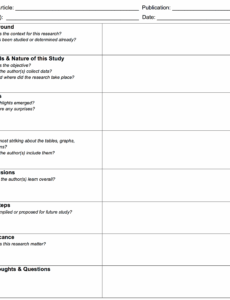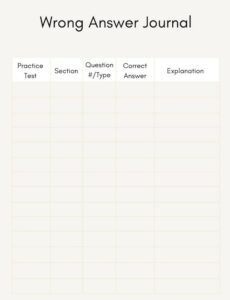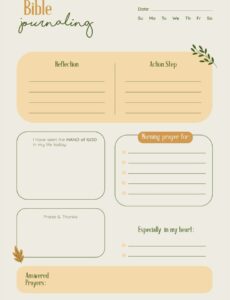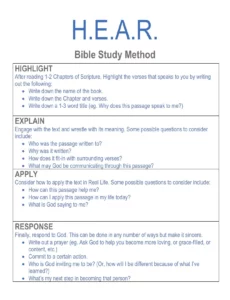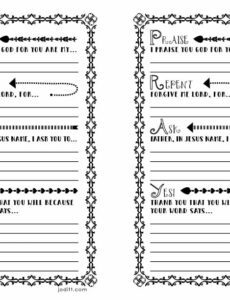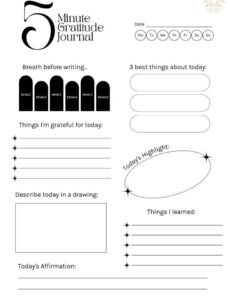Have you ever wondered what you truly eat in a week? It’s easy to lose track of meals, snacks, and even drinks when you’re caught up in the hustle and bustle of daily life. Often, we have a general idea, but a closer look can reveal fascinating insights that help us understand our habits, energy levels, and overall well-being. A food journal isn’t about judgment; it’s about awareness, a gentle way to shine a light on your plate and how it connects to your body and mind.
Taking the time to record your food intake can be an incredibly powerful tool for anyone looking to make more informed choices about their diet, whether you’re aiming for better energy, improved digestion, or simply a clearer picture of your nutritional patterns. And the best part is, you don’t need to commit to a lifetime of meticulous tracking. Even a short, focused period, like seven days, can provide a wealth of information. That’s where a well-designed 7 day food journal template comes in handy, offering a structured yet flexible approach to this insightful practice.
Why Keeping a Food Journal is a Game Changer for Your Health
Embarking on a food journaling journey can feel like unlocking a secret code to your body’s needs and responses. It’s more than just jotting down what you ate; it’s an exercise in mindfulness, forcing you to pause and truly consider your eating experiences. This increased awareness helps you identify patterns you might not have noticed before, such as emotional eating triggers, consistent cravings at certain times of day, or even how different foods affect your mood and energy levels. It’s about building a deeper connection with your internal cues of hunger and fullness, rather than just eating out of habit or external factors.
Beyond simple awareness, a food journal serves as an invaluable record for tracking progress towards specific health goals. If you’re working on weight management, it provides concrete data on your calorie intake and nutritional balance. For those dealing with digestive issues or suspected food sensitivities, it can help pinpoint problematic foods by correlating what you eat with any symptoms you experience. Furthermore, it allows you to see how your diet might be influencing your sleep quality, skin health, or even your overall sense of vitality throughout the week.
Key Elements to Include in Your Food Journal
- Date and Time of each meal or snack
- A detailed list of all food and drinks consumed, including condiments and beverages
- Estimated portion sizes (e.g., 1 cup, 1 slice, 4 oz)
- Your hunger level before eating and satisfaction level after
- Your mood or emotions around the time of eating
- Any physical activity performed during the day
- Water intake throughout the day
To make the most of your journal, consistency is key. Try to record everything as soon as possible after consumption, as memory can be surprisingly unreliable. Be honest with yourself; there’s no right or wrong way to eat, and this is a personal tool for self-discovery, not a report card. The more detail you include, the richer the insights you’ll gain when you look back at your entries. Think of it as painting a comprehensive picture of your daily dietary landscape.
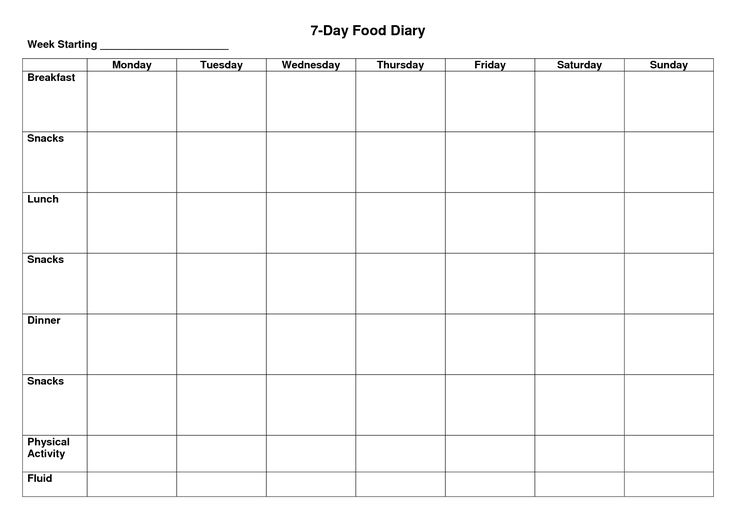
Ultimately, the goal isn’t just to fill pages for seven days and then forget about it. It’s about cultivating mindful eating habits that extend beyond the journaling period. By observing your dietary patterns, you empower yourself to make conscious, sustainable changes that support your long-term health and well-being. It’s a powerful step towards taking control of your nutritional journey, fostering a more balanced and intuitive relationship with food.
How to Make the Most of Your 7 Day Food Journal Template
Starting with a 7 day food journal template is a fantastic first step towards understanding your unique eating habits. The beauty of a structured template is that it guides you on what to record, ensuring you capture all the necessary details without feeling overwhelmed. It’s important to approach this week with an observational mindset, rather than a judgmental one. Your goal is simply to record what you eat, when you eat it, and how you feel, without trying to change your diet during this initial tracking period. This gives you the most accurate snapshot of your current lifestyle.
To truly benefit from your food journal, consistency is paramount. Try to fill in your entries as close to the actual eating time as possible. This helps you remember specific ingredients, portion sizes, and your corresponding mood or hunger levels accurately. Don’t hold back on details; for example, instead of just writing “sandwich,” note “turkey and swiss on whole wheat with lettuce and mayo.” Also, remember to include all beverages, even water, as hydration plays a significant role in your overall health and feelings of fullness.
Once your seven days are complete, the real insights begin. Take some time to review your entries. Look for recurring patterns:
- Do you tend to skip breakfast?
- Are there certain times of day when you snack frequently?
- Do you notice a link between specific foods and your energy levels or digestive comfort?
- Are you consuming enough fruits, vegetables, and lean proteins?
- How does your mood before or after eating influence your choices?
- Is there a significant difference in your eating patterns on weekdays versus weekends?
This review process is where the power of the 7 day food journal template truly shines. By identifying these patterns, you gain valuable information that can inform your decisions moving forward. You might discover areas where you could easily make small, impactful changes, or perhaps notice trends that warrant further investigation with a healthcare professional or nutritionist. It’s about leveraging this self-collected data to empower yourself with knowledge and make choices that genuinely serve your health.
Taking a week to meticulously record your dietary habits is a small investment of time that yields significant returns in self-awareness and understanding. It provides a clear, unbiased picture of your everyday eating, allowing you to move beyond assumptions and truly see how your food choices impact every aspect of your life. This process isn’t about rigid rules, but about building a more conscious and supportive relationship with the food that fuels you.
Embracing this simple practice can be a pivotal step in your wellness journey. It offers a unique opportunity to pause, reflect, and gather concrete evidence about your nutritional landscape, leading to a much clearer path forward. The insights gained from just one week can equip you with the knowledge and motivation to make gradual, positive adjustments, fostering a healthier and more balanced lifestyle that feels genuinely right for you.
